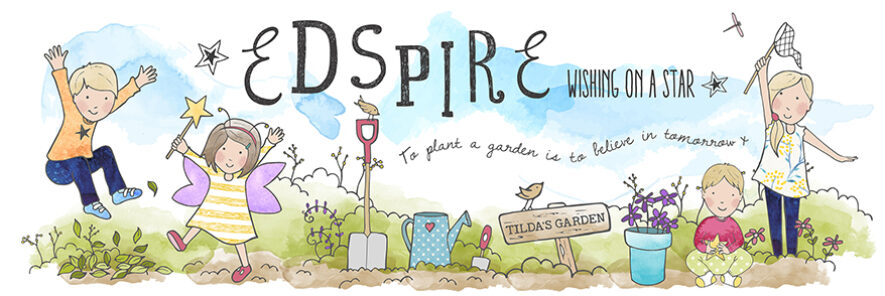This is a sponsored post
When a child learns to play an instrument, they not only gain a lifelong hobby, but they also learn important life lessons such as patience and perseverance. These skills can then be transferred to other areas of their lives, helping them thrive both academically and personally. Children who learn instruments benefit from a multitude of advantages, some of which you may never have considered before. An independent school in Twickenham has shared their thoughts on why you should encourage your child to learn an instrument.
The first and most obvious reason is that it provides them with a skill for life and encourages an affinity for music and the arts. Key skills such as patience and resilience will be put into practice as your child will have to dedicate time and effort into improving their ability, even if they find it tough at times. Learning an instrument does not happen overnight, but as they see their hard work coming together, they will begin to understand the value of persevering with a difficult task. This is a priceless lesson at an early age and will set them up with a solid work ethic for the future.
Children who learn an instrument will also grow in confidence; as they learn to read music and start to master their talent, their confidence and ability to perform in front of others will flourish as they begin to showcase their budding talent to family and friends. They will receive praise and applause, which will give them a sense of pride. Even when a performance doesn’t go to plan, they will receive constructive criticism which will allow them to grow and help them understand that setbacks are inevitable.
Not only will your child develop confidence and musical capabilities, but studies have also shown that children who learn instruments have improved cognitive skills too, meaning that the benefits extend across a broad academic spectrum. Research shows that learning an instrument improves memory skills which is advantageous in all key subjects including English, maths, and science. Learning an instrument also improves our ability to process information quickly, allowing people to multitask more effectively. Furthermore, playing music is an excellent stress reliever and music therapy is even used to combat and prevent health issues such as depression and anxiety.
It’s worth bearing in mind that music isn’t for everyone. Perhaps your child might be better suited to pursuing something like sport or drama. However, if your child has shown an interest in learning a musical instrument, it certainly can’t hurt for you to encourage them.
Music lessons are not always affordable or accessible for all children
Particularly amid a global pandemic
Here are some musical books and play ideas
For children of preschool to the end of primary school
To foster a love and understanding of music at home
